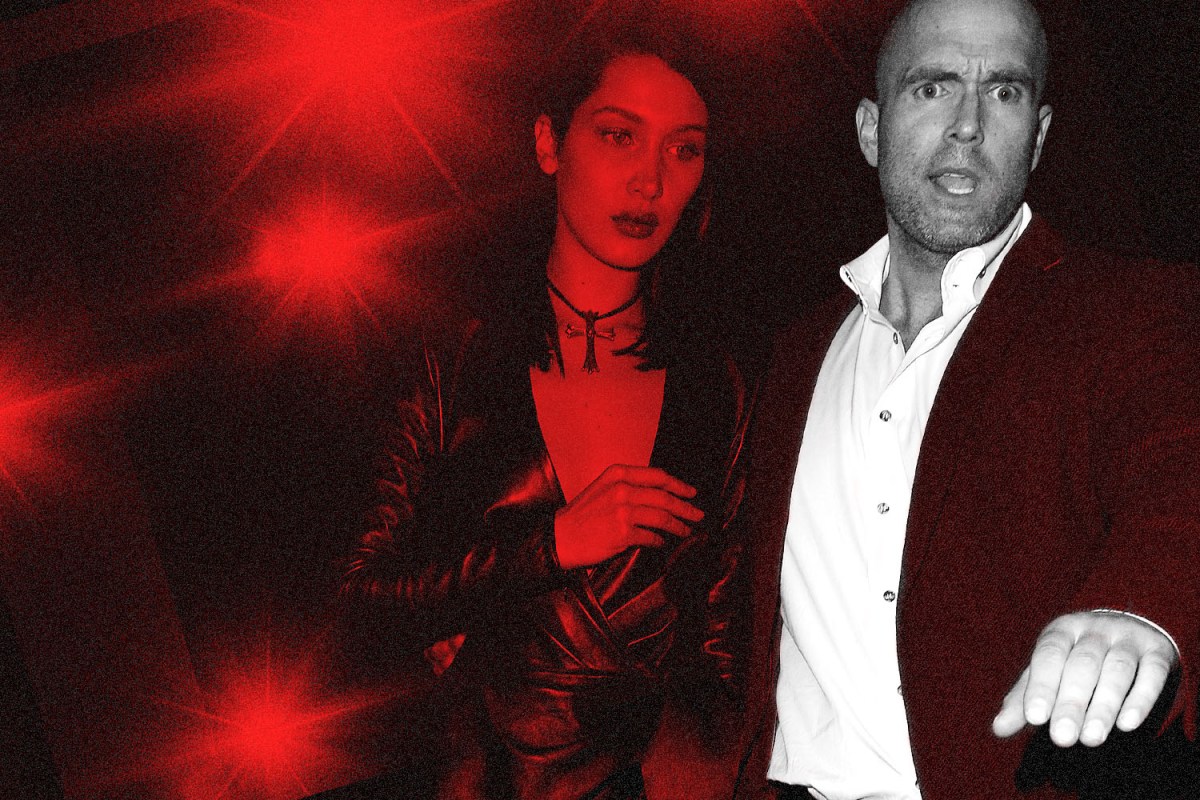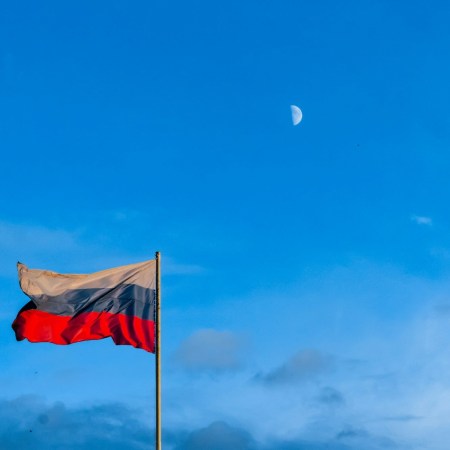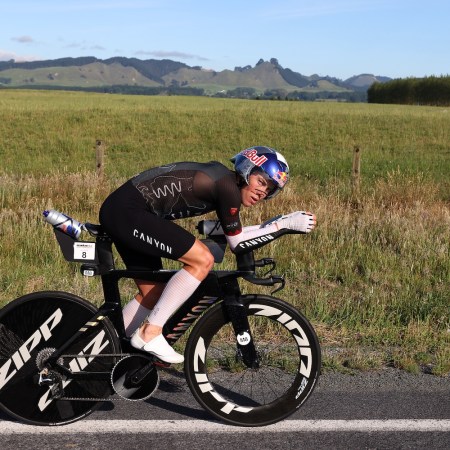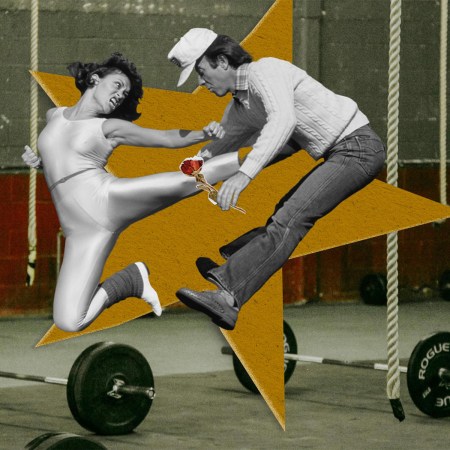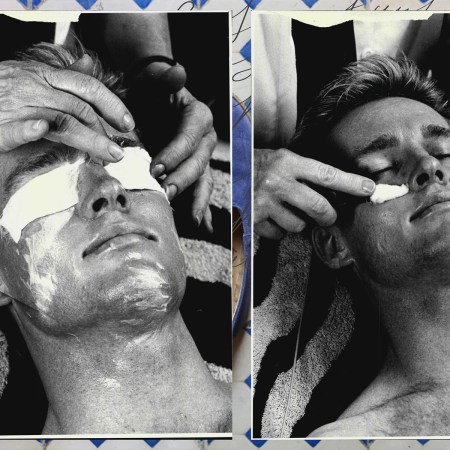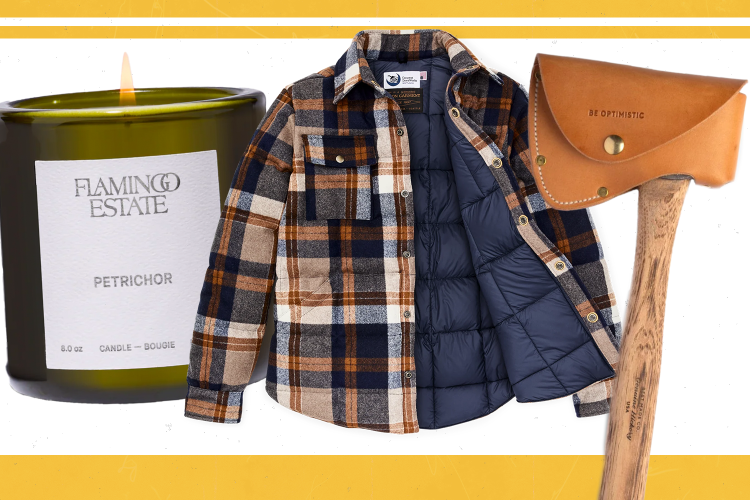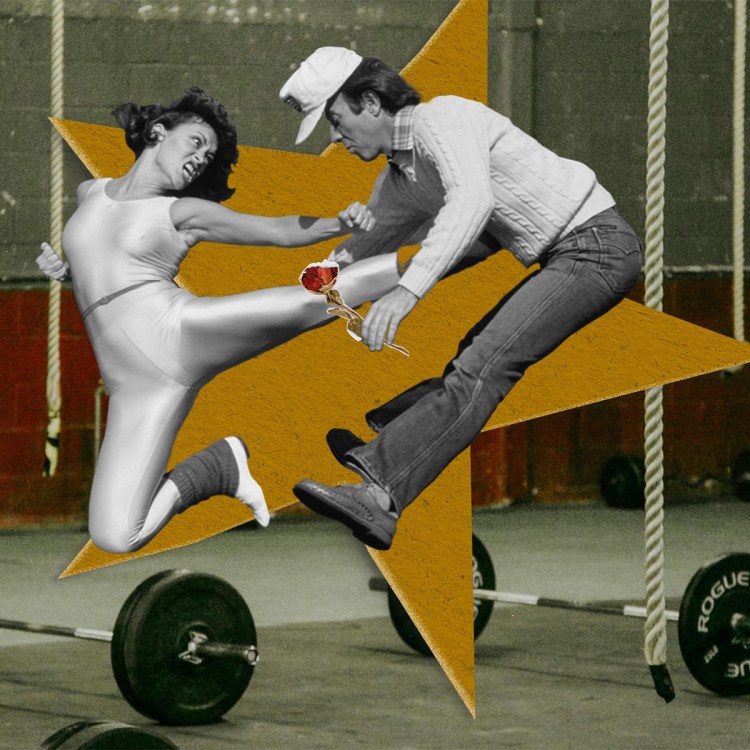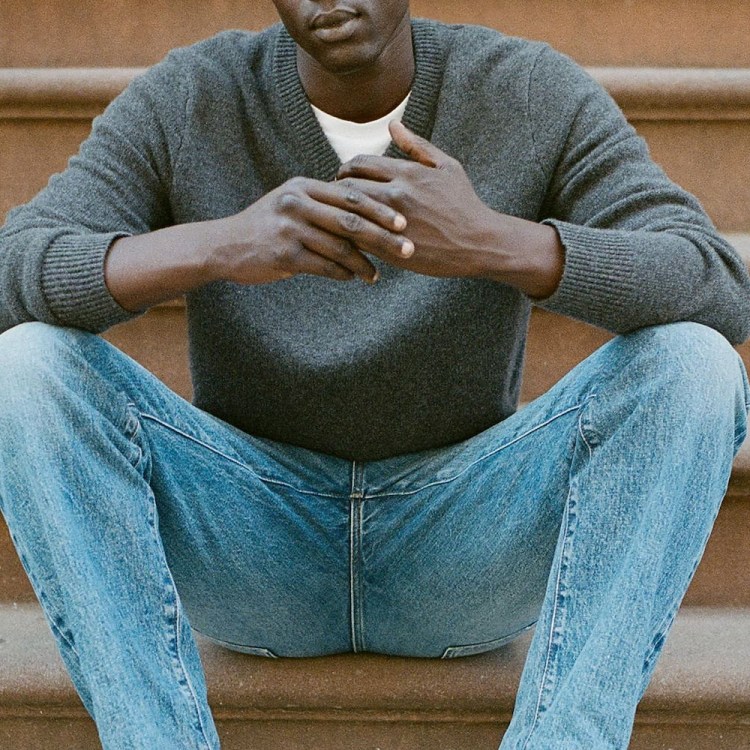“Some people can cope, many can’t.”
That’s not the practical advice we were looking for when we interviewed Simon Newton, former bodyguard for A-listers like Bella Hadid and Michael Jackson, as well as less recognizable but no less valuable clients including royals and heads of state. But when you’re picking the brain of an expert in one of the most mysterious careers around, you can expect some ambiguity. After all, what good is a bodyguard who blabs?
That said, Newton — who served in the British Army before moving on to celebrity clientele — was happy to spill the details of the job when it didn’t violate bodyguard-client privilege. No, he’s never had to go mano-a-mano with a deranged fan. But yes, he did get his winter jackets customized so he could draw a firearm without unzipping it.
That’s not something you can use in your daily life. But below, we’ve picked out the best practical advice from one of London’s high-profile bodyguards, from how to spot a suspicious person at a party to how to keep yourself and others safe during an altercation.
Want to spot a suspicious person? Look for differences in the crowd.
“The first thing I would look at [for potential threats] is do they look like they belong here? What are they wearing, who are they with, do they look comfortable in the room or on edge? Are they standing alone? If so, could they be waiting for someone who’s in the bathroom or do they look like they are waiting on their own? If I have any doubts, I ask the internal security or the manager of the event or venue who that person is. If I’m pushed for time, I will just ask them myself.”
The best way to protect yourself and others in a violent situation? Don’t engage.
“Normally if I identified a situation unfolding, I would move my principle away from the problem rather than try and sort the problem out. Getting into fistfights with would-be attackers isn’t particularly professional. While you’re caught up playing Superman, who is looking after the principle? If someone poses a threat, move the principle to a safe place as fast as possible and if you’re on top of your planning and move quickly that should be all you need to do.”
Yes, you can use a pseudonym at a hotel to keep a low-profile
“We always book in using a pseudonym so normally only the hotel manager and reception manager will know who is really coming.”
When you’re worried about safety in a new location, Google ahead of time
“Before going to a venue, I will Google the place to get as many images as I can for the layout, also [using] Google Street View to try and identify a good drop-off and pick-up point … When I am on site, I am always looking for the best route to safety should an incident occur. Every time you move, even if it’s only a few meters, you should be identifying the quickest route to safety if needed.”
Never underestimate the value of planning beforehand vs. thinking on the fly
“All the time and effort bodyguards put into their planning should pay off so [a dangerous situation] doesn’t happen. Never say never, and sometimes you can be unfortunate, but it never happened to me.”
The only solution for working effectively with little sleep? Practice.
“I served in the British Army for a number of years, and on leaving the army I was contracted as a bodyguard for the U.S. oil company KBR in Iraq and the British government in Afghanistan. In all of those jobs, you get used to working under intense pressure and when you are severely fatigued. There isn’t any sort of training you can do. The more you work when fatigued the more you get used to it. Unfortunately, if you’re someone that can’t do that then the job isn’t for you.”
Properly fitted clothing is more important than technical fabrics
“I always get my suits tailored to fit me correctly. An ill-fitting suit can look awful. If you look good you feel good, if you feel good you will carry out the task a lot better.”
Don’t pay for self-defense or martial arts classes if you’re not going to practice
“Self-defense is normally only any use if practiced regularly. To carry out self-defense classes to keep you safe on the streets is unlikely unless it’s an interest or hobby you have. With all martial arts, skills fade. Unless you keep going to classes, it’s unlikely you will be very effective.”
Think being a bodyguard sounds fun? Think again.
“In the movies, bodyguards are often big, tall guys that all know martial arts to a very high standard. Also, they get shot at but never get killed. Unfortunately, professional bodyguards do get killed, probably more than many people realize. You never see any of the planning in the movies also, it looks like they just follow the principle around all day looking mean — which isn’t true!”
The ideal bodyguard fit, according to Newton:
“Tom Ford is always my number one for suits. I don’t have too many as they are costly — worth every penny though. For casual in the daytime, I often wear a Moncler or Alpha Industries bomber jacket. My choice of footwear in the day would be my Louis Vuitton or Valentino sneakers. My two main watches I wear in the U.K. are Hublot Big Bang and AP Royal Oak, and for belts I wear Louis Vuitton, Hermes and Gucci. If I am working outside the U.K., let’s say the Middle East or Africa, often I would wear North Face, and for belts and watches working overseas I have a Blackhawk Rigger’s belt and a Breitling Exospace B55.”
Answers have been edited for length and clarity
The Charge will help you move better, think clearer and stay in the game longer. Subscribe to our wellness newsletter today.
